Twice Told Tales
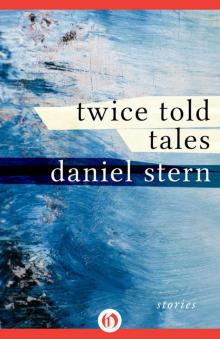

Author: Daniel Stern
Category: Other3
Published: 1989
Series:
View: 208
Read OnlineFrom Publishers WeeklyThis first collection of stories by Stern, author of nine novels ( The Suicide Academy ; Final Cut ) and the recipient of several major literary awards, can be read as a series of homages to five great writers. In six effervescently compelling stories that brim with convincing characters, Stern evokes some specific themes of E. M. Forster, Henry James, Ernest Hemingway, Lionel Trillng and (twice) Sigmund Freud. The result is a splendid, impeccably crafted array of short narratives that seize upon their sources as rootstock and grow into flourishing new specimens. Two of the stories, "A Clean Well-Lighted Place By Ernest Hemingway" and "Brooksmith By Henry James," are based on fiction, while the rest, from "The Liberal Imagination By Lionel Trilling" to "The Psychopathology of Everyday Life By Sigmund Freud," are tales that arise from subtle considerations of those classic studies of the human condition. Stern, a one-time cellist with the Indianapolis Symphony, is Director of Humanities at the 92nd Street Y in Manhattan. These stories show him to be an adroit and versatile writer who succeeds in pulling off a risky literary conceit that in lesser hands could have floundered under the weight of its own concept. Copyright 1989 Reed Business Information, Inc. From Library JournalThe six stories here echo the themes of famous works by Lionel Trilling, Freud, Hemingway, E.M. Forster, and Henry James, and hence they are "twice told." In "Brooksmith," for example, a nurse has a sensibility above her station, like a character in the original James piece; and in "A Clean Well-Lighted Place" two men find their own situation vis-a-vis life and each other comparable to that in Hemingway's classic tale. But the stories are not mere clones, for the characters, often writers, struggle to find their own story, "the shape of a life," amid a world for which they are ill equipped. They find that "what we spend everywhere is not money, stolen or earned, not energy, not talent, not love, but ourselves." And in these intelligent, witty tales, which certainly bear rereading, these spent selves become literature.- Peter Bricklebank, City Coll., CUNYCopyright 1989 Reed Business Information, Inc.
 Lunewulf Law
Lunewulf Law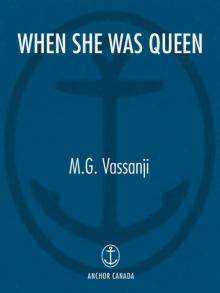 When She Was Queen
When She Was Queen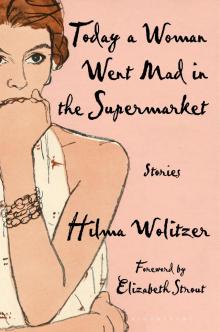 Today a Woman Went Mad in the Supermarket
Today a Woman Went Mad in the Supermarket Heart's Desire (Lords of Chance)
Heart's Desire (Lords of Chance)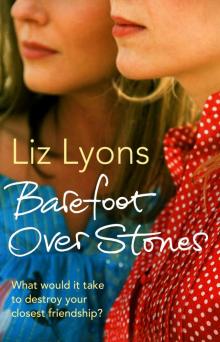 Barefoot Over Stones
Barefoot Over Stones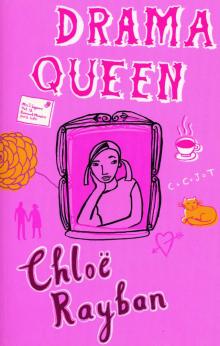 Drama Queen
Drama Queen Darcy on the Edge
Darcy on the Edge The I.T. Girl
The I.T. Girl